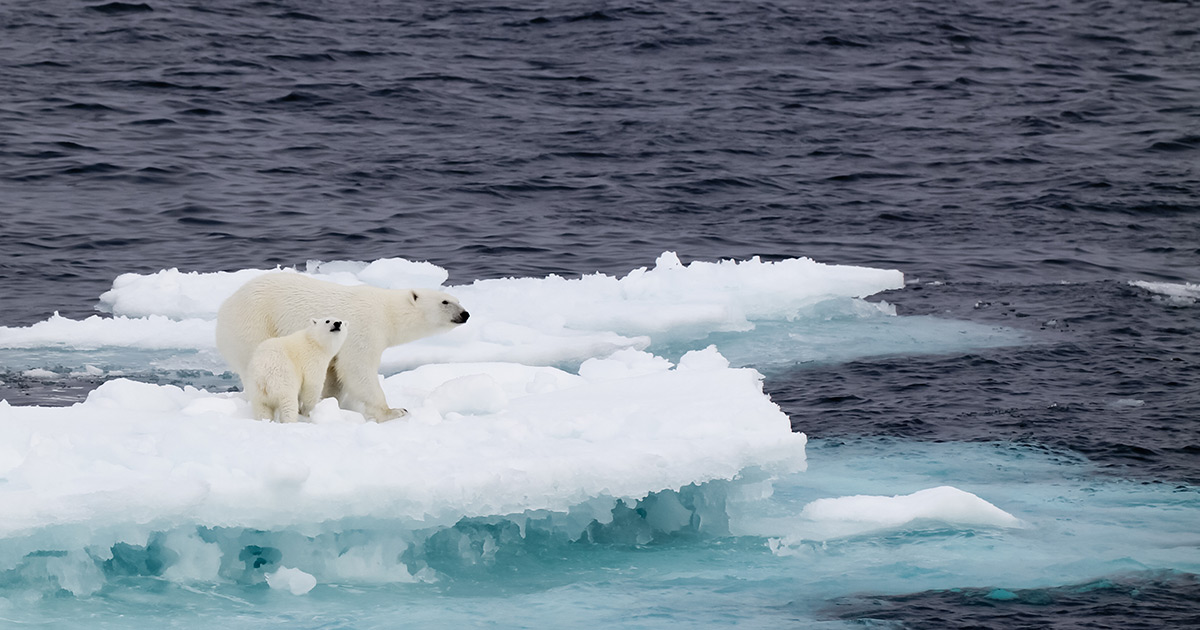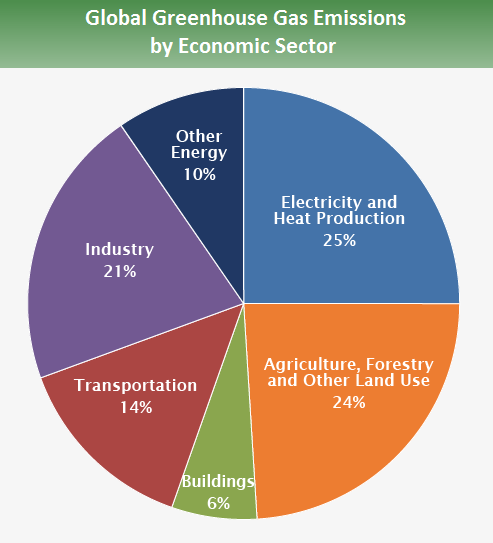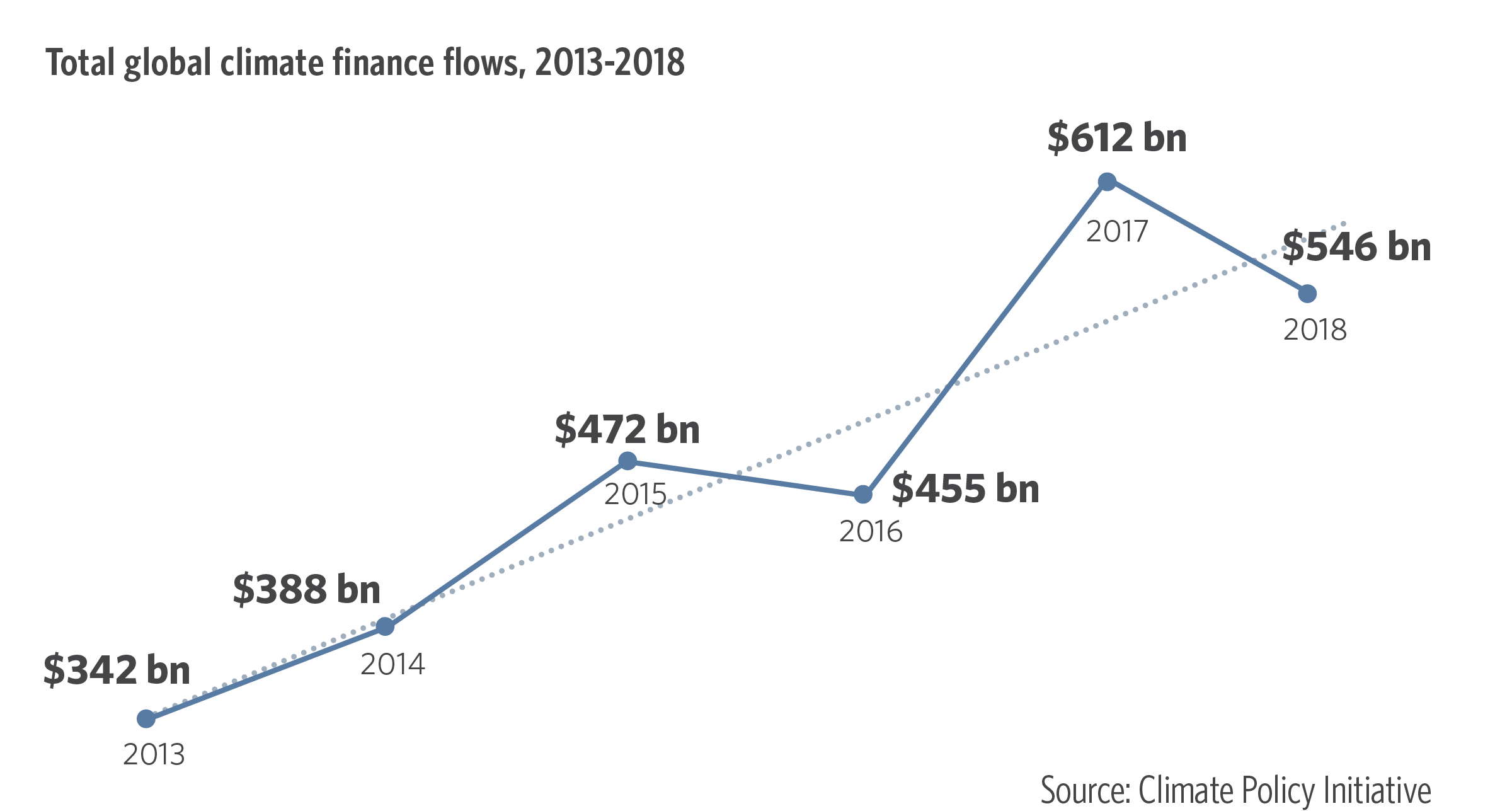
Science and climate are a hot topic. Scientists agree that human activity can have a direct effect on global warming. Climate change is driven primarily by fossil fuel emissions, as it is well-known. However, Americans are not taking this issue seriously. Its handling of climate change has drawn criticisms from all levels, including the Bush Administration. This situation provides an opportunity for us to re-evaluate science on climate change.

Many factors influence the current state in science and climate. These include the Bush Administration's use in unpredictability to describe climate change and the importance of synecdoche in the discourse. Synecdoche can be described as a rhetorical strategy that reduces the problem's essential parts to an undetermined whole. As a result, the essential elements of climate change have been suppressed.
Synecdoche can be a useful rhetorical resource as it is capable to subordinating irony in order to create a pleasant atmosphere. It can solve problems such as the irony in uncertainty. But, synecdochic reasoning can be faulty and take away the key parts of a problem. UCS's global climate change discourse tries to tie together the various components of a problem into an interconnected whole.
UCS's global climate change discourse focuses on the connection of all parts and the whole. It attempts to reduce uncertainty rhetoric. The Bush Administration's uncertainty encourages complacency, inertia and complacency. These attitudes are reinforced because of the uncertainty that the Bush Administration has created. This increases the conflict between people who are reasonably certain about climate change and those who aren't. Thus, the Bush Administration's discourse concerning global climate is a form de discursive construction. It emphasizes the uncertainty of this problem and challenges the scientific consensus.
Nevertheless, the relationship between the UCS and the Bush Administration is not a synecdoche. Although the UCS Synecdoche relies on uncertainty being the main cause of climate change problems, the Bush Administration has made uncertainty seem unbalanced. In fact, the Bush Administration's portrayal of uncertainty reinforces the attitude of inertia and incompetence in addressing climate change.

The UCS's powerful approach to exposing Bush Administration's use science in its discourse on global climate change is very effective. Not only does the UCS's discourse dissociate itself from the Bush Administration's construction of uncertainty, but it also offers a synecdoche pattern to illustrate how to reframe the discourse on climate change.
UCS's analysis about the Bush Administration's creation of uncertainty offers a wonderful example of how you can reframe complex problems through analyzing the rhetorical strategies employed in the discourse regarding global climate change. It is possible to identify how to avoid the rhetorical trap that leads to faulty synecdochic reasoning by analysing the Bush Administration's use synecdoche.
FAQ
What are the current international efforts to combat climate change?
The current international climate change effort is characterized by unprecedented unity and momentum. International efforts to address climate change are being facilitated by countries around the world, who are increasingly working together to reduce carbon emissions, improve resilience and invest in renewable energies.
The Paris Agreement has energized collective action at the global level and is a framework that allows individual countries to set voluntary emissions reduction targets. Additionally, the UN Framework Convention on Climate Change (UNFCCC) is providing political guidance and piloting new initiatives such as carbon market mechanisms.
Progress is also being made in specific regions; for example, The European Green Deal is a comprehensive package of legislation aimed at recreating Europe's economy with sustainability at its core, while countries of the African continent have committed to the African Renewable Energy Initiative which aims to increase Africa's share of global renewable energy production.
In addition to policy developments, action can be seen across sectors and industries; cities are actively transitioning toward sustainable public transport systems while society as a whole is embracing more sustainable lifestyles; companies are innovating technologies that drive down emissions while investors are reallocating their capital away from fossil fuels towards renewables.
The OECD committee has adopted common standards to report national actions on climate change by rich countries. This is known as the 2021 Guidelines.
These efforts demonstrate the importance of climate action. To meet climate goals, both governments and civil society must continue to build on the momentum.
What is the current status of the global climate, and how is it changing in the future?
The global climate is currently experiencing unprecedented uncertainty and change. Unprecedented levels in atmospheric carbon dioxide are causing global temperatures to rise significantly. This can lead to droughts and heat waves as well changing rainfall patterns, melting Polar ice caps, ocean acidification and rising sea levels.
These changes have already had a significant impact on ecosystems across the globe, leading to habitat loss and extinction. They are also threatening millions of people's lives and livelihoods, particularly in areas where there is already resource scarcity.
Because of the increase in average surface temperatures from human activity, the number of extreme weather phenomena such as hurricanes and cyclones has been increasing steadily over time. As temperatures rise, this trend will likely continue.
A rapidly changing climate has many effects. They can impact everything from food insecurity to displacement by extreme weather events to sea level rise, causing communities to relocate. Climate change is also contributing to existing social inequalities. Itdisproportionately affects marginalized communities, which lack the resources and knowledge required to adapt.
While some countries have made progress in reducing carbon emissions, or implementing renewable energy initiatives, global action has not been taken at the level necessary to combat these changes. We must all work together now to stop further disruptions and destruction from climate change.
How can the world move towards a more sustainable future in light of the challenges posed by climate change?
Sustainability means being able to provide for current needs and not compromise future generations' ability. In light of the increasing challenges posed by climate change, there is an urgent need for drastic action to eliminate our dependence on finite resources and shift towards a more sustainable approach to how we use them.
In order to create a more sustainable world, we must change our consumption patterns and production methods. We also need to consider our dependence on natural resources, such as fossil fuels. We must seek out new technologies, renewable sources of energy, and systems that reduce harmful emissions while still meeting our everyday needs.
Furthermore, it is crucial to take a holistic approach to sustainability. This includes all aspects of production including materials, waste management and reuse strategies as well as energy usage in transport and industry. There are many solutions that can be found, such as the utilization of renewable energy, like solar, winds, and hydropower, better waste management, higher efficiency in agriculture, improved transportation networks, green building regulations and sustainable urban planning.
Furthermore, behavioral changes are required amongst individuals across different sectors throughout society for us to accomplish this goal. Education programs are required to educate people about climate change and show them how they can help create a more sustainable future.
Ultimately, only through collaboration between governments, industry leaders, and citizens will we be able to make significant progress in creating a more sustainable world for generations to come.
What is the role that individuals and groups can play in addressing climate-change?
Climate change is a major contemporary challenge. It is an issue that affects everyone and requires our collective attention, as well as individual action, for us to make a difference.
Individuals play a vital role in addressing climate change and reducing its impacts. Your everyday behaviors could include reducing waste, conscious eating, changing your lifestyle, such as becoming vegetarian, choosing sustainable clothing and decor, and using public transport more frequently. They can also participate in political advocacy and help promote sustainable initiatives in their local communities.
It is important that communities are involved in the larger climate change effort. They can create policies that reduce greenhouse gas emissions by encouraging electric or bicycle transport, deforestation reductions, and the promotion of composting. Collaboration across different communities and countries is essential for this mission's success.
Furthermore, it is important to start education in the early stages and continue learning throughout your life. This will help people become more aware about the issues and to understand how they relate to others who are also affected by global climate change.
Employers have a significant responsibility in combating climate change. Introducing corporate practices that are focused on sustainability and choosing green alternatives whenever feasible will undoubtedly result in positive economic and sociological outcomes.
Thus, individual actions as well as community policies combined with business transformation will greatly contribute to the creation of solutions for global warming and collectively protecting humanity from longer-term harmful effects from climate change.
How does climate change affect extreme weather events?
Extreme weather events, such as heat waves, floods, droughts, cyclones, storms, and hurricanes are directly linked to global warming. Global warming has caused an increase of atmospheric temperatures.
According to climate scientists in 1980, extreme weather-related natural disasters have increased by more than twice the rate. Sea levels rise as a result of changing wind patterns and ocean temperatures. This can affect the distribution of hurricanes and storms in different geographic regions around the globe.
2015 El Nino brought warm water towards South America. This led to increasing temperatures at an alarming pace and heavy rains that caused floods and displacement in Peru, Bolivia and other countries. Many places, including Antarctica, have experienced their highest temperatures ever. This indicates a direct relationship between global warming trends as well as the frequency or occurrence of extreme weather events all over the globe.
Another example is Hurricane Irma which took place in 2017 causing $50 billion of economic loss not just to the USA's Florida but also to other states such as Puerto Rico, Cuba, etc proving once again that climate change is responsible for a dramatic increase in major storms.
The Intergovernmental Panel on Climate Change (IPCC) concluded that human activities are increasing the severity of current climate change which naturally leads to more frequent, severe, and intense natural disasters globally hence bringing forth strong evidence regarding humans' relation to extreme weather events occurring at frequent intervals around us all.
What are the impacts of climate change on developing countries and communities?
Due to their lack of access to resources, health care systems, and technology, communities and countries in developing countries are more vulnerable to climate change. Changes in temperature and precipitation can put more pressure on already limited resources. This is accompanied by flooding and droughts that weaken already fragile ecosystems. Rising temperatures can result in a reduction in crop yields. This will be disproportionately detrimental to poorer communities who are facing food insecurity. Moreover, extreme weather events such as heatwaves and hurricanes can result in the destruction of infrastructure and displacement of people, further perpetuating economic inequality.
The long-term implications of climate change include continued resource scarcity, poverty, and health impacts including an increased number of vector-borne diseases such as malaria or dengue fever. Additionally, flooding will become more common due to rising sea levels and extreme weather. These risks can put lives at high risk in coastal areas with a dearth of infrastructure or emergency services. Not only does it require reducing greenhouse gas emissions, but other measures like better management and access to medical facilities. This will help with the prevention of diseases like Malaria.
What are the ways climate change can be mitigated or reduced?
There are various measures that can be taken to reduce and mitigate the effects of climate change. These include reducing greenhouse gases emissions by using better energy practices and other sources of electricity, improving land management, protecting forests and wild places, protecting against extreme weather, investing in sustainable transport, strengthening early warning system for disasters, starting a research programme on the impact climate change has on biodiversity and ecosystems. Also investing in green technologies like solar cells or wind turbines, encouraging sustainable consume habits, and implementing environmental regulations across all segments of society. It's important that people are educated about climate change. This encourages them to take responsibility for their actions.
Statistics
- This source accounts for about 10% of all the water that enters this highly productive farmland, including rivers and rain. (climate.nasa.gov)
- features Earth's average surface temperature in 2022 tied with 2015 as the fifth warmest on record, according to an analysis by NASA. (climate.nasa.gov)
- Indigenous peoples and local communities receive less than 1% of all climate funding despite scoring wins for people and nature Africa's broken food markets must be fixed to tackle hunger (climatechangenews.com)
- This source accounts for about 10% of all the water that enters this highly productive farmland, including rivers and rain. (climate.nasa.gov)
- features Earth's average surface temperature in 2022 tied with 2015 as the fifth warmest on record, according to an analysis by NASA. (climate.nasa.gov)
External Links
How To
How to make Your Home more Energy-Efficient and Reduce Climate Change
Your home's energy efficiency is one of the most cost-effective ways to cut your carbon footprint, lower your utility bills, and improve your quality of life.
Start by ensuring your home is properly insulated and sealed. Check for drafts, ensure doors and windows are properly installed, and then seal any gaps or cracks with caulking.
Insulate your walls, ceilings, and floors to maximize energy efficiency. Make sure to inspect the attic and any other areas in your home for air leaks.
Lighting is responsible for 18% of household electricity use. LED bulbs are up to 80% more efficient than traditional incandescent light bulbs. You can also save money by installing motion sensors and timers to turn off lights when they are not needed.
An old boiler or furnace can be replaced to save money on energy. They are also more efficient. Consider getting a programmable thermostat that allows you to set temperatures based on when people are home or away from the house.
You can replace all your windows with double-glazed windows that offer better insulation and heat resistance. Low-flow showerheads are a great option, as they reduce water consumption but maintain adequate pressure.
ENERGY STAR rated devices use 50 % less energy than non-certified appliances. Make sure to take care of the little details, such as unplugging TV boxes and phone chargers when not in use. This could help save you significant energy.
These simple steps can reduce your impact on the climate and help you live more efficiently at home.